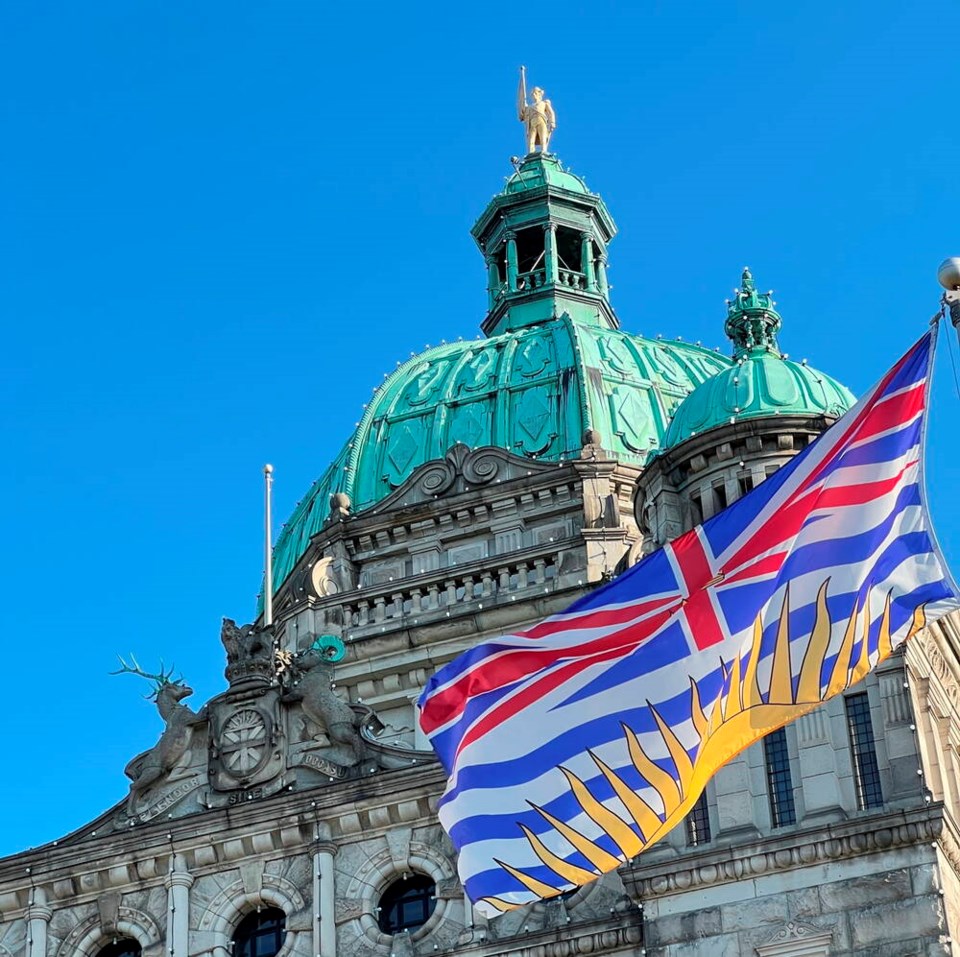Considering all the problems, it’s strange — as the legislature takes a one-week break before the sitting draws to a close — how little the NDP government got done.
One of the key measures is the number of bills introduced and passed. Premier David Eby’s government has managed to shepherd just 11 of them close to the finish line since February. A handful of those are fairly routine amendments.
Some won’t view this as an issue. Considering how small the NDP’s margin of victory was last fall, there’s a big camp of people who feel the less the NDP does the better.
But you’d think a brand new government fresh off an election would arrive at the legislature bursting with new ideas requiring new bills.
Even with the scanty list of bills to be debated, the politicians have still managed to argue for hours, to the point where the government has warned it will cut off debate and force passage of five bills in the last week of the month.
Eby acknowledged the low production recently in a media scrum. He blamed it on two things: the number of rookies in the house and the Opposition talking too much.
“Despite having only 11 bills, we had to put three of our own bills over to the next session, not being able to get through them due to the length of debate that has been taking place.”
He said that is less than half the number of bills the NDP has introduced in previous sessions.
“There are a lot of new MLAs. They’re finding their feet. They’re asking questions that they need to ask, but it has resulted in a reduced legislative schedule.”
That was in response to a question about why the government can’t make the quick legislative amendment needed to allow Vancouver Mayor Ken Sim to get rid of the city’s elected park board.
That’s only one of numerous changes that are in various pipelines, but won’t get the required final approval.
It’s Eby’s version of why bills are taking so long. But his remarks don’t answer why so few were introduced in the first place.
It looks like the outbreak of trade hostilities with the U.S. shunted some of the legislative package to the sidelines. Three of the most contentious bills now before the house were drafted and introduced partly or entirely in response to the tariff threats. They’re the ones eating up the most time.
As for the protracted arguments on what the NDP has managed to introduce, it’s not just the fact that 55 of the 93 MLAs are rookies. It’s also the fact he’s facing the largest Opposition in B.C.’s history.
The Conservatives opened with 44 MLAS. Three later quit the caucus. But they are still critics, and 44 is a lot of warm bodies available to take up speaking spots.
They are keeping Conservative Party of B.C. Leader John Rustad’s election night vow to “bring down the government at the first opportunity.”
Example: The NDP introduced a grab bag bill of 85 miscellaneous amendments to current laws, with no particular theme. Those kind of bills are always scrutinized for surprises, but rarely amount to much.
This time around, an Opposition MLA called it a “sweeping threat to good governance, local autonomy and public trust.” It took hours of debate to move it through the detailed scrutiny stage.
The rest of the legislative package can be put in two categories.
The lower-profile bills remove the need for a doctor’s note to take sick leave, put in some consumer protection improvements and the annual bill to establish the provincial budget.
The highest-profile ones are the tariff response bill, which was severely curtailed due to public criticism; the elimination of the consumer carbon tax; the bill to streamline and fast-track renewable energy project approvals; and the move to allow cabinet to shunt favoured infrastructure projects to the head of the permitting line.
Just So You Know: One other bill got some special attention.
NDP MLA Darlene Rotchford introduced a private bill on her own to bar local elected officials from retaining those seats if they get elected as MLAs.
It was considered worth advancing, but the Attorney General’s Ministry belatedly noted some serious flaws in the drafting, so they had to back up and direct it be reconsidered.
That prompted some criticism about the government’s inability to handle legislation that does manage to make it to the legislature.
Maybe the fewer bills, the better.
>>> To comment on this article, write a letter to the editor: [email protected]



